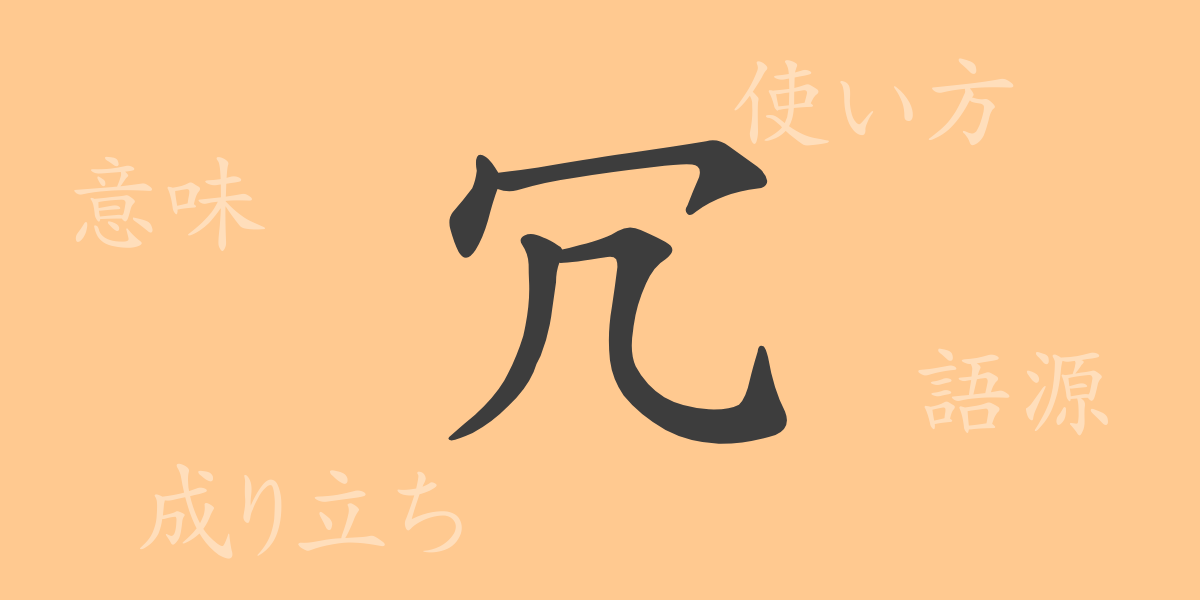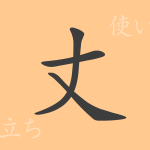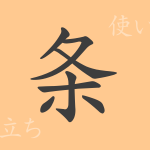Japanese language boasts a rich vocabulary for delicately expressing emotions and landscapes, one such character being the kanji “冗(じょう).” Despite its frequent use in everyday life, the origins and diverse applications of “冗” remain largely unexplored. This article delves into the etymology, meanings, usages, readings, and even phrases and proverbs related to “冗,” inviting us to explore the profound world encapsulated in this single character.
Origins of 冗(じょう)
The kanji “冗” originates from ancient China, evolving from a pictograph depicting excess flesh protruding from the body. It signifies ‘surplus’ and is used to express waste or excess in matters of time and other affairs.
Meaning and Usage of 冗(じょう)
“冗” conveys meanings such as ‘superfluous,’ ‘unnecessary,’ and ‘wasteful.’ In Japanese, it appears in terms like “冗談(じょうだん)” (joke) or “冗談抜きで(じょうだんぬきで)” (seriously, no kidding), used when a conversation isn’t serious or when stripping away all unnecessary details for serious discussions. In business contexts, “冗長(じょうちょう)” describes something overly lengthy or redundant.
Readings, Stroke Count, and Radical of 冗(じょう)
Basic information about the kanji “冗” is summarized below.
- Readings: On’yomi (音読み) “ジョウ”; there are no common Kun’yomi (訓読み).
- Stroke Count: 4 strokes.
- Radical: 冖(わかんむり).
Phrases and Proverbs Using 冗(じょう) and Their Meanings
Phrases and proverbs containing “冗” demonstrate the versatility of its meaning. Examples include:
- “冗談(じょうだん)” – A joke or something not meant to be taken seriously.
- “冗談半分(じょうだんはんぶん)” – Half serious, half joking.
- “冗談抜き(じょうだんぬき)” – Seriously, without joking.
- “冗長(じょうちょう)” – Being excessively long or redundant.
- “冗言(じょうげん)” – Superfluous words or pointless talk.
These idioms and phrases enrich communication in everyday and business contexts.
Conclusion on 冗(じょう)
The kanji “冗” embodies the concept of superfluity and waste, yet it plays a significant role in Japanese, illustrating the language’s depth through the idioms and phrases it informs. This article aims to deepen understanding of “冗,” enhancing appreciation for the complexities of Japanese expression.

























